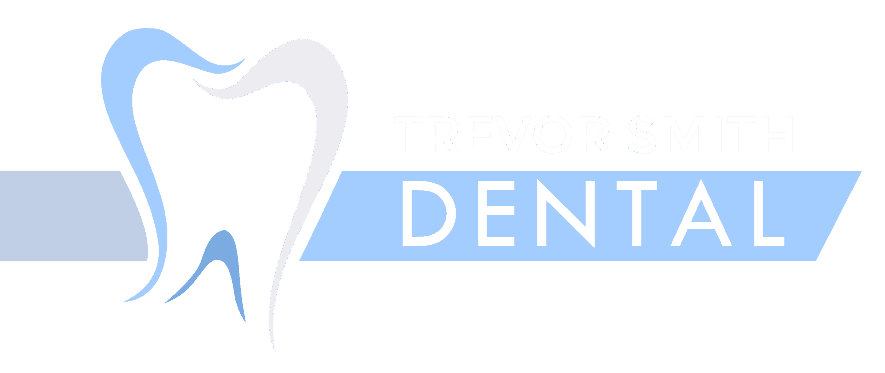Temporomandibular Joint Disorder (TMJ) or Temporomandibular Disorders (TMD) is a condition when the joint and muscles that connect the upper and lower jaw no longer control the jaw properly. This results in pain and a feeling of the jaw sticking and popping. Any problem that prevents the muscles, ligaments, discs and bones of this joint from working correctly is called TMJ/TMD.
Symptoms of TMD:
- Headaches
- Earaches
- Pain and pressure behind the eyes
- Clicking or popping sounds made by the joint
- Pain when yawning, opening your mouth wide or chewing
- Jaws that lock or become stuck
- Tenderness around the jaw area
- A difference in the way the teeth fit together
Causes of TMD:
- Arthritis
- Dislocation
- Injury
- Stress
- Teeth grinding
How Is TMD Diagnosed?
Your dentist will first ask about your health records and conduct a physical exam. During this exam, your jaw joints will be checked for tenderness, as well as any clicking or popping when the jaw is moved. The dentist will also ask you to open and close your jaw to determine if the jaw locks, and will test your bite and look for any problems with the facial muscles.
X-rays may be taken for the dentist to view the facial bones and teeth to determine if it is TMD and not another condition. Depending on the specific patient or case, other tests such as magnetic resonance imaging (MRI) or computer tomography (CT) may need to be done. An MRI can show if the TMJ disc is in the correct position as your jaw moves. A CT scan shows the bony detail of the joint.
Once you have been diagnosed, you may be referred to a oral specialist for care and treatment.
How is TMD Treated?
There is a great amount of treatments and methods to care for TMD.
Treatments include:
- Medications such as muscle-relaxants or anti-inflammatory drugs.
- Appliances, such as a bite plate or splint (if the TMD is due to teeth grinding)
- Relaxation techniques and counselling
- Hot or cold packs
- Dental work
- Jaw surgery
- Eating soft food
- Limiting extreme jaw movements

Recent Comments